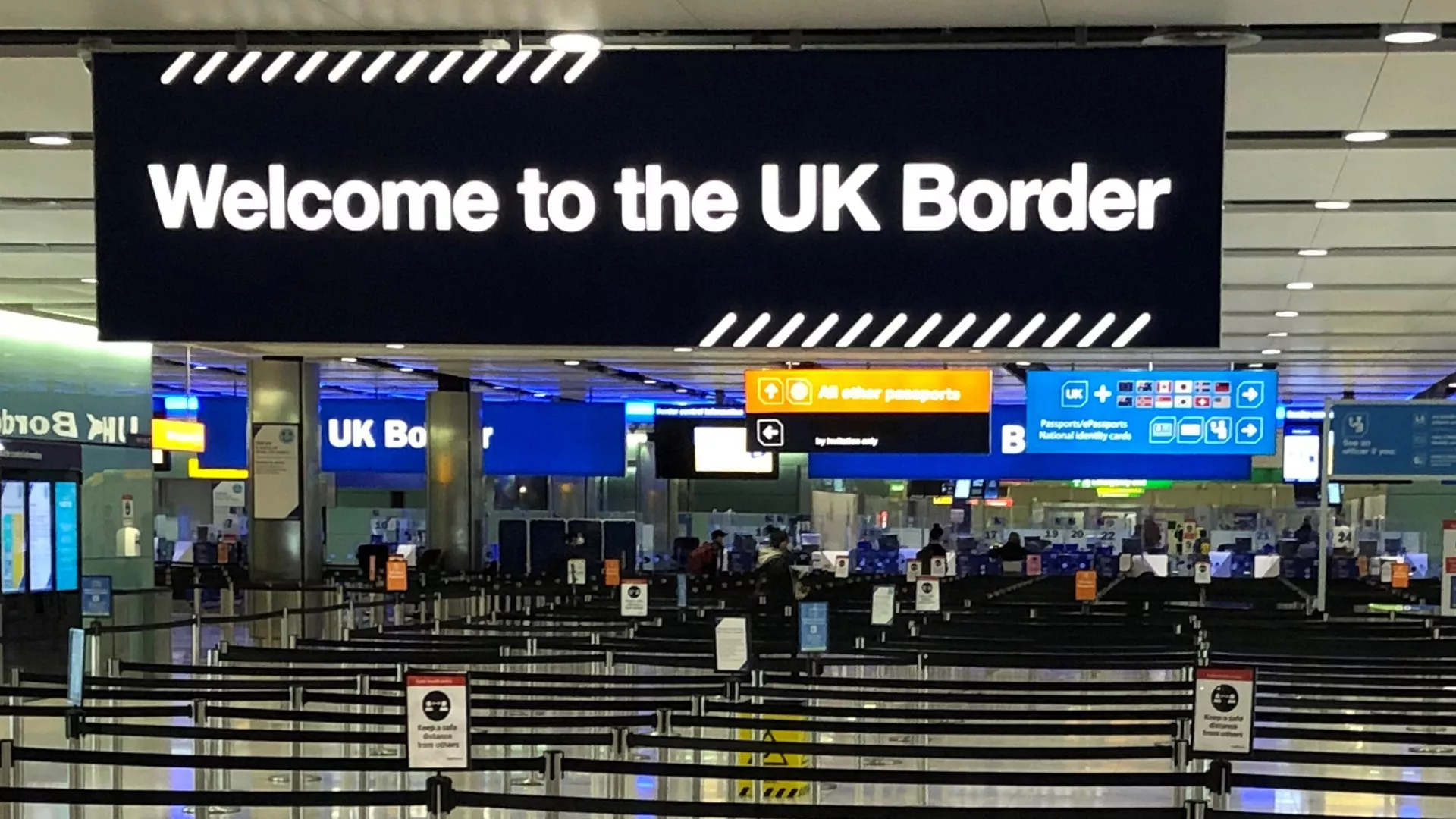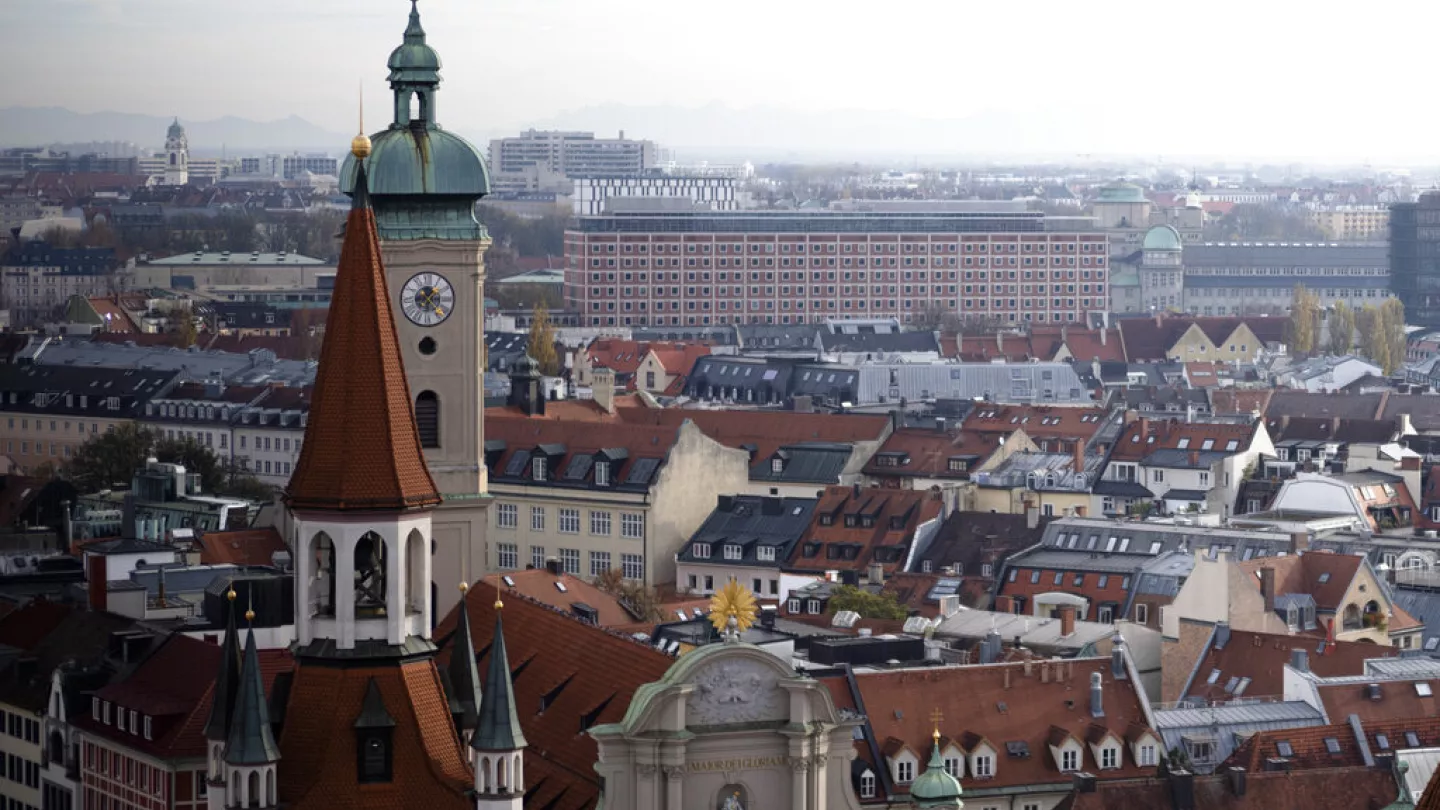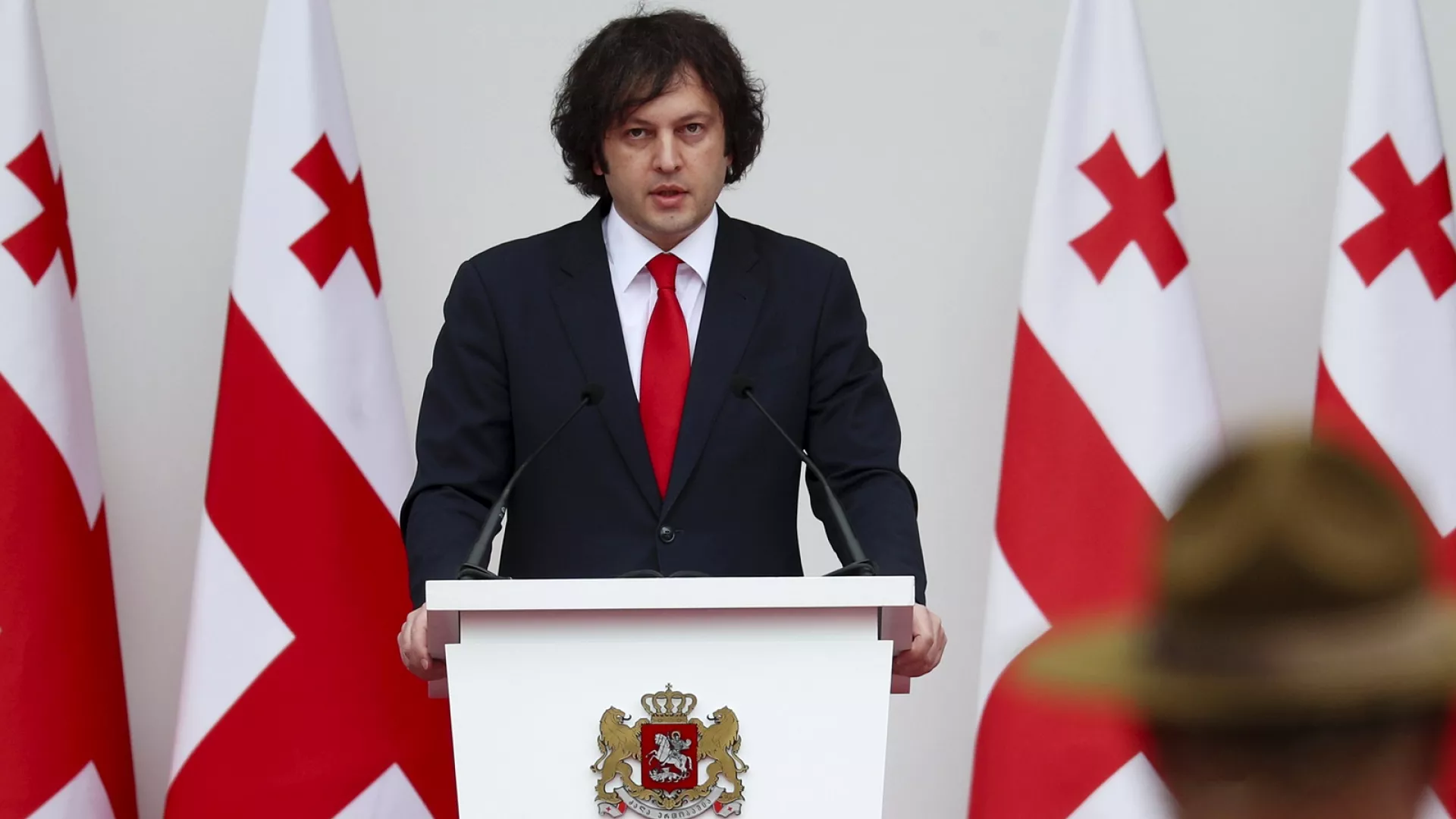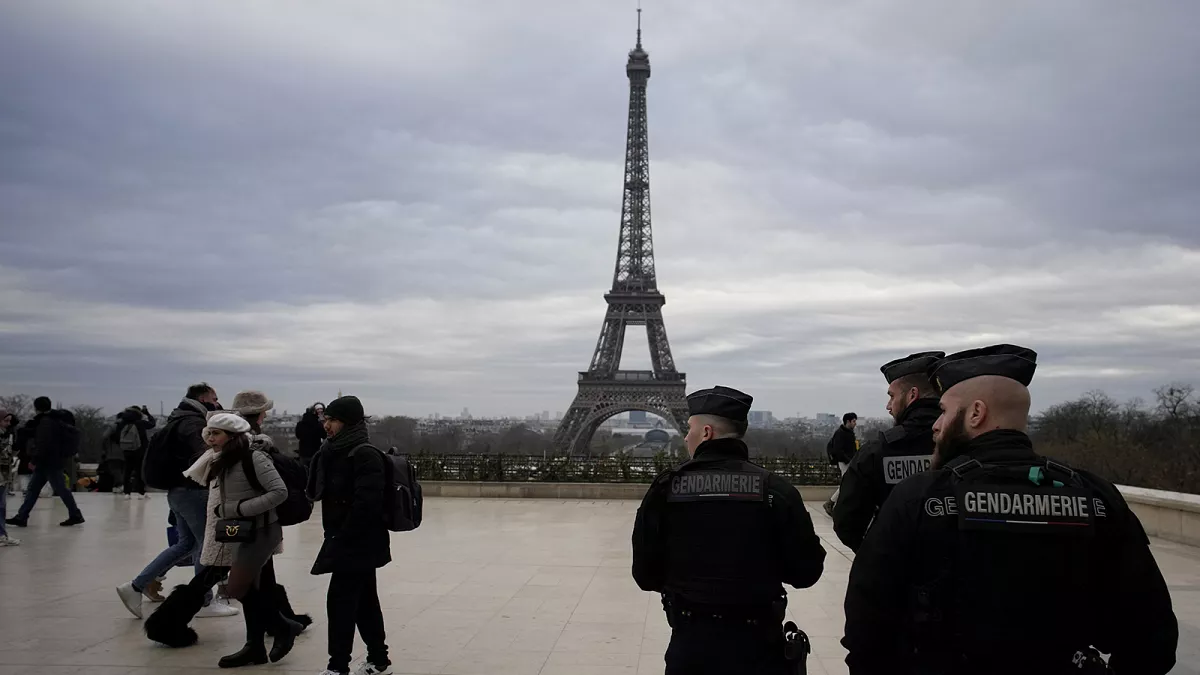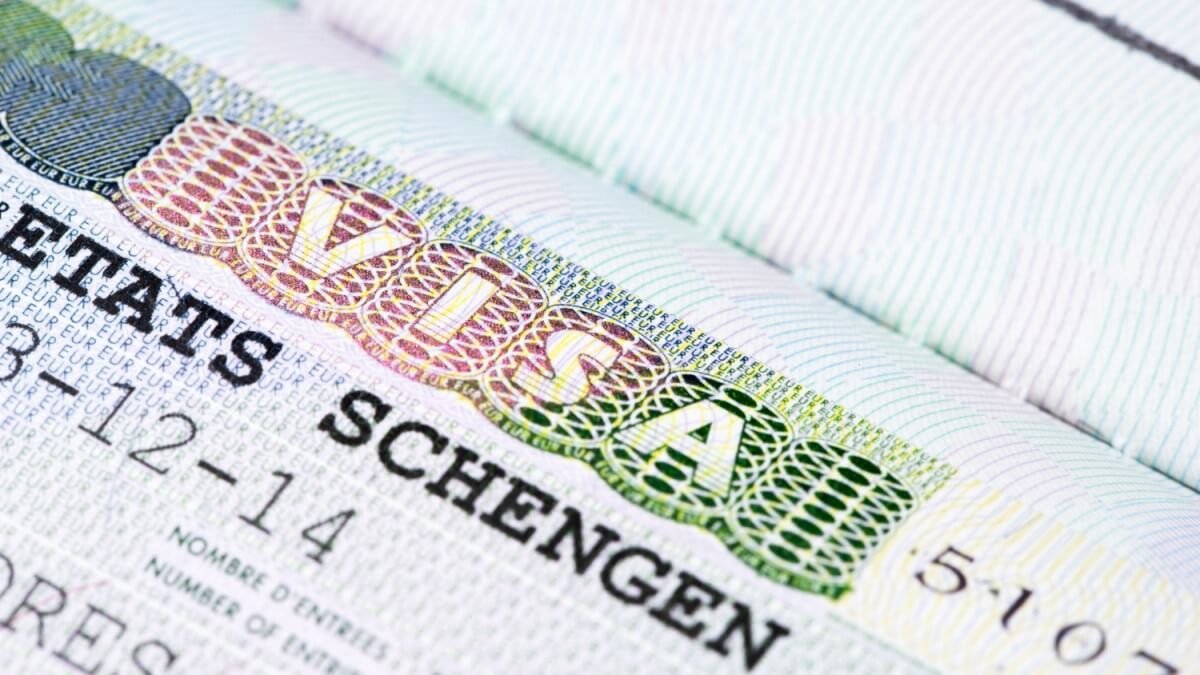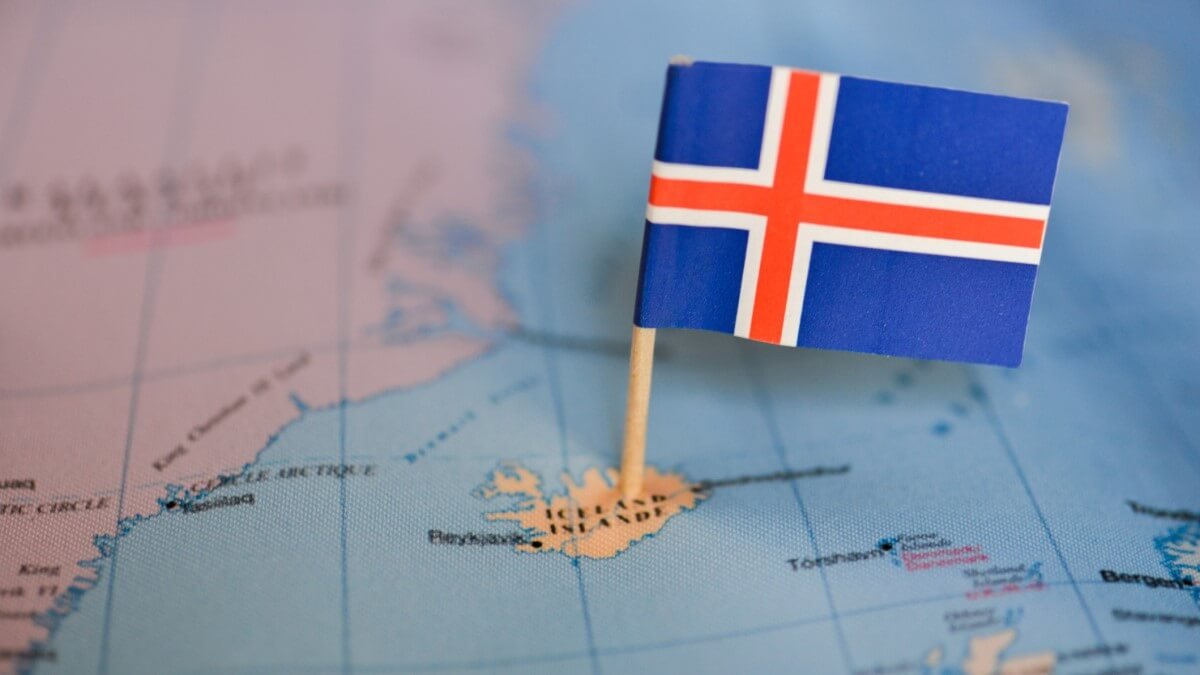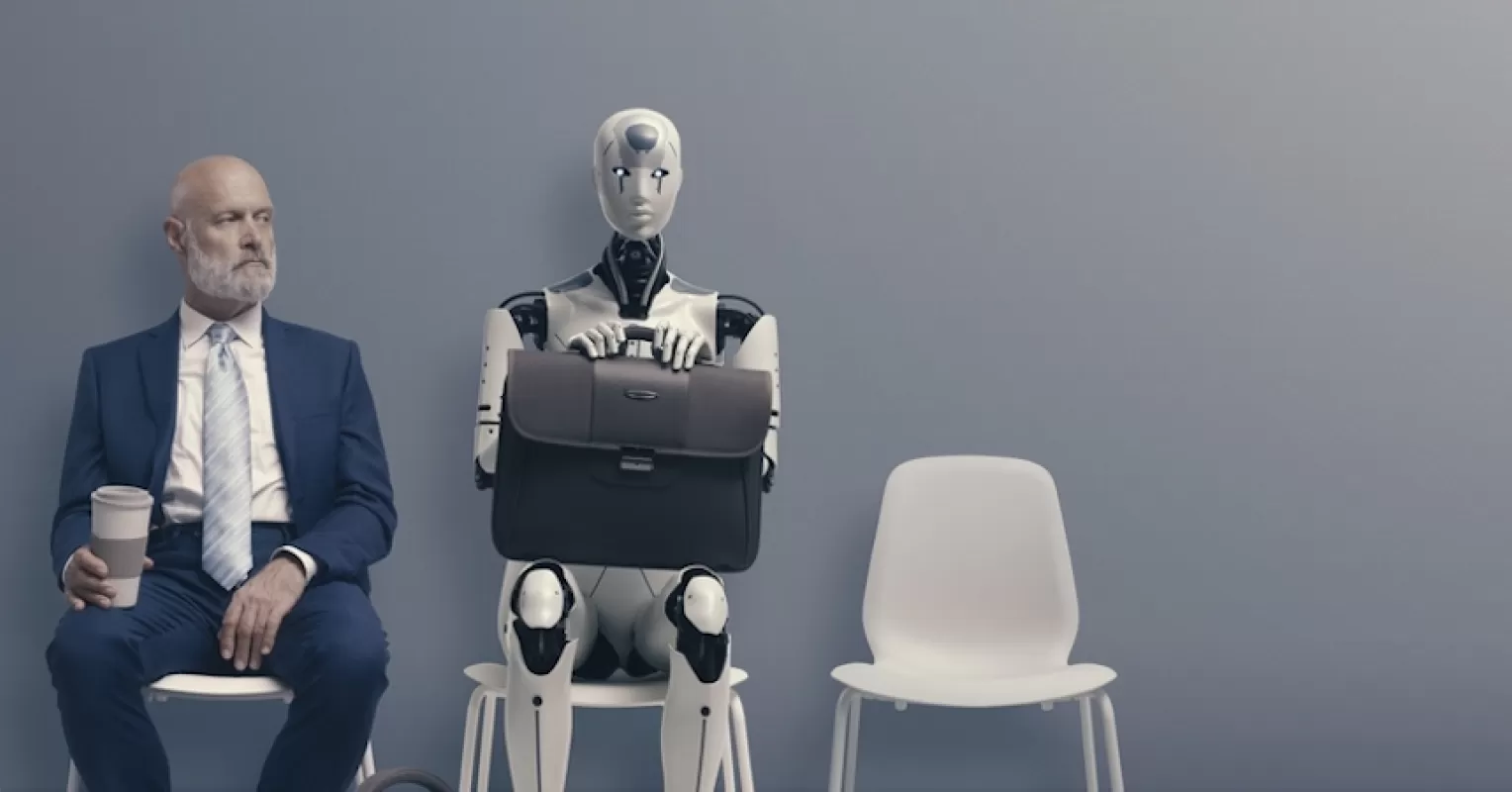
From industries and healthcare to media and the creative arts, artificial intelligence (AI) is increasingly shaping our daily lives. While some hail it as a revolutionary advancement, others express concerns about its long-term impact on society.
AI is a subject of intense debate across Europe, generating both enthusiasm and anxiety. As it continues to evolve, many are curious about who stands to gain or lose from this digital transformation. To explore these questions, we visited Austria and Estonia.
In Europe, about three-quarters of workers have already interacted with AI in some form. AI is being used to develop virtual reality tools, transcribe ancient manuscripts, design autonomous vehicles, and even create futuristic architecture. However, its rise has raised concerns, particularly in schools and universities, as well as among workers and unions who worry about job displacement.
Even in the world of art, AI’s growing capabilities are being questioned. Renate Pittroff, an artist from Vienna, collaborated with generative AI tools to create ideas for a cultural event. Despite some bizarre suggestions, the AI-generated ideas were brought to life in an audiovisual exhibition. Pittroff acknowledges the potential of AI, but warns of its ability to alter reality, stressing the need for responsible use. “AI is not only frightening in its potential; it is frightening in how it can reshape reality as we know it,” she said.
At Vienna University of Technology (TU Wien), researchers are using AI to develop robots capable of autonomously mapping buildings that are inaccessible to humans, which could be crucial in rescue missions. Professor Hannes Kaufmann, a specialist in Virtual and Augmented Reality, notes that AI is useful but requires careful application. “We must understand its purpose and use it wisely,” Kaufmann explained, stressing the need for a balanced approach.
In Estonia, AI is already generating thousands of new jobs. A startup in Tallinn has created AI chatbots that help large companies manage negotiations with multiple suppliers. The company, which employs 100 people, acknowledges the risks associated with adopting new technologies, but CEO Kaspar Korjus believes it’s a risk worth taking. “Is it riskier than doing nothing? That’s the real question,” he said.
However, AI’s rapid development is creating challenges for many workers. In one of Estonia’s largest translation agencies, employees worry about how AI is changing their jobs. Although AI can translate much faster, the workers are now expected to handle more text in less time, with some even facing reduced pay for the increased workload. “AI does much of the work, but we’re expected to do more for less,” said Marge Žordania, Head of Medical Translations at the agency.
A recent survey revealed that two-thirds of respondents fear that AI will reduce the need for human workers across Europe. While the full impact of AI on the workforce remains unclear, it is evident that this technology is reshaping industries and job markets, posing both opportunities and challenges for workers and businesses alike.





